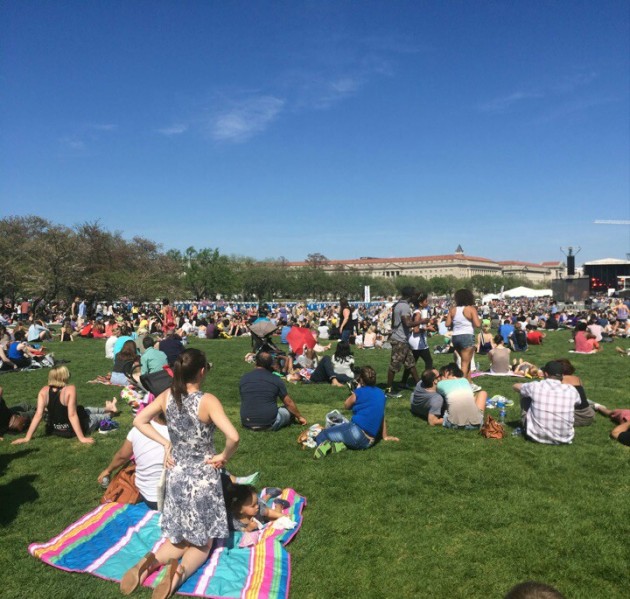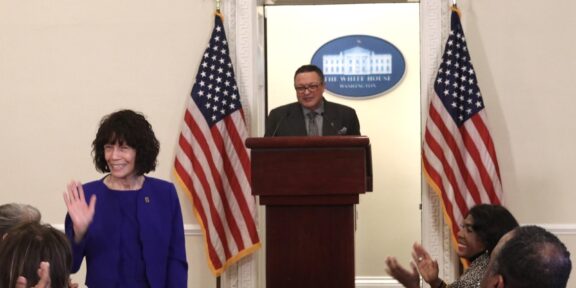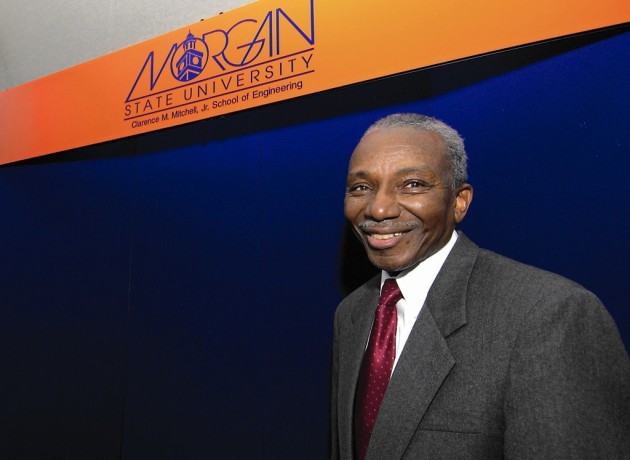With one last spring break to indulge in as a college student, I decided to do something different and found myself in New Orleans. But not for the typical spring break experience. Instead, I traded relaxation for reporting, fly-by moments for long-lasting memories, and a week’s worth of bar tabs for a week’s worth of reality checks.
And for selfish reasons, I glad for that.
I’m glad, because I got to know 61-year-old Carrie Handy in the Upper 9th Ward whose house is insulated with tarps. She poured her heart out to me, a total stranger, for two hours. She walked me through her electricity-deprived house, barely lit by the sun in the middle of day. So gracious was she that although I could see she didn’t have enough food to last herself a week, she asked if she could fix me something to eat on what was a makeshift stove, in a makeshift kitchen.
When it was time for me to leave for more reporter work, she gave me a hug and kiss on the cheek, and asked me to come and check on her when I could. I didn’t have the heart to tell her it was probably the last time we would ever see each other, and I cried the entire 15-minute drive back to the hotel thinking about it.
I’m glad, because I got to know Otis Signal, or “Big O” as he calls himself. “Cast Away,” “I Am Legend”-those movies have nothing on his real-life story of survival. When thousands fled before and during Katrina’s wrath, he stayed. When the water flooded the inside of his home so bad he was forced to find refuge on the roof of his backyard shed, he stayed. And when rescue crews came to pick up he and the four people with him on that roof, he sent them off, and he stayed. He stayed because, as he said, “It’s going to take more than a little hurricane to get me out of my house.” Spoken like a true warrior.
But to know the true nature of this hero is to know a specific occurrence during his ordeal in Katrina’s aftermath. After a week searching for safety, Otis found a convent, which was to serve as a temporary safe haven. With everything in the city virtually washed away, the convent was unharmed. Otis was so in awe of how perfectly clean it was inside, the entire week he stayed there, he didn’t sleep in a bed one time. He said they were too immaculate. And for good measure, he even tidied up before he left.
I’m glad, because I wouldn’t have believed there was a “tent village” under a freeway overpass.
I’m glad, because I wouldn’t have been able to stand on the corner of Flood Street and Florida Avenue in the Lower 9th Ward, and listen to the hollowing silence of emptiness resonate through the air.
I’m glad, because I wouldn’t have walked through that storm-tilted home on Reyes Street in the Lower 9th Ward. There were clothes still on hangers on a pile of rubbish outside what was once someone’s pink-walled bedroom. A bathroom was exposed to the elements, with a Holy Bible opened to the Book of Luke still resting on the edge of a debris-filled bathtub.
I’m glad, because I’ve met people who have strength, courage and will I only dream to have.
I’m glad, because those images will comprise the lion’s share of what will forever be a figment of my realization of that old cliche, “Here today; gone tomorrow.”
Living through that much destruction just ain’t natural.
I’m glad, because I saw what Mother Nature is capable of.
I’m glad, because now I know what hope is.
I’m glad, because you can’t witness those scenes, and not be changed forever.




